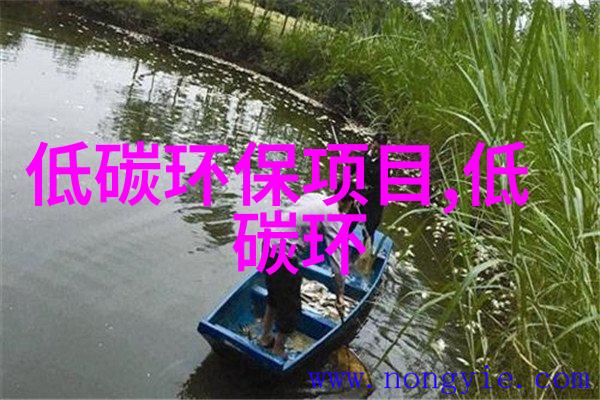在全球范围内,生态旅游已成为推动可持续发展的一个重要领域。它不仅能够为地方经济带来新的收入来源,还能帮助保护自然环境和文化遗产。然而,这一行业的成功与否很大程度上取决于当地社区的参与和支持。

生态旅游概念及其意义
生态旅游是指通过观察、体验和学习自然环境或人文景观而进行的一种旅行方式,它强调对自然资源和文化遗产的尊重与保护。这种类型的旅游不仅可以为游客提供独特且有教育意义的体验,也能激励当地居民积极参与到可持续发展中去。

当地社区参与之必要性
首先,当地社区是生态旅游项目最直接受益者。在许多情况下,生Ecotourism is a type of tourism that focuses on nature and culture, emphasizing the importance of preserving natural resources and cultural heritage. It not only provides unique experiences for tourists but also encourages local residents to actively participate in sustainable development.

The Necessity of Local Community Involvement
Firstly, local communities are the most direct beneficiaries of ecotourism projects. In many cases, these projects create new income sources for local residents. For instance, they can be employed as tour guides or work in restaurants catering to tourists. Moreover, ecotourism activities often promote small-scale enterprises such as handicraft workshops or locally-owned accommodations.

Secondly, involving local communities in decision-making processes related to ecotourism development can ensure that their interests are taken into account while protecting the environment and cultural heritage. This participatory approach fosters a sense of ownership among community members which helps maintain long-term commitment towards sustainability.
Thirdly, when locals benefit directly from ecotourism initiatives through job opportunities or revenue generation from tourism-related services like transportation or accommodation provision, they become more likely to protect the natural resources upon which those businesses depend.

Challenges Encountered by Local Communities
Despite its potential benefits, there exist challenges for local communities when it comes to participating in eco-tourism development:
Lack of Skills: Some community members may lack the necessary skills required for jobs associated with eco-tourism such as guiding tours or managing tourist facilities.
Limited Access to Resources: Financial constraints might prevent them from acquiring equipment needed for their businesses.
Inadequate Infrastructure: The absence of basic infrastructure like roads makes it difficult for visitors to access remote areas rich with ecological attractions.
Insufficient Support Mechanisms: Effective support systems should be put into place at both national and regional levels so that policies can be developed efficiently with an aim towards promoting sustainable livelihoods among indigenous populations involved within eco-toursim practices worldwide.
Conclusion: Empowering Local Communities Through Ecological Tourism Development
By empowering local communities through education programs focused on developing relevant skills; providing financial assistance; building infrastructure; creating awareness about environmental conservation methods along with implementing well-designed policy frameworks tailored specifically towards supporting ecological tourism developments around world-wide regions where this form travel is becoming increasingly popular - we can increase participation rates amongst people living close proximity sites meant intended destinations visited by travelers seeking experiences linked back earth's diverse ecosystems & wildlife habitats present across different continents!




